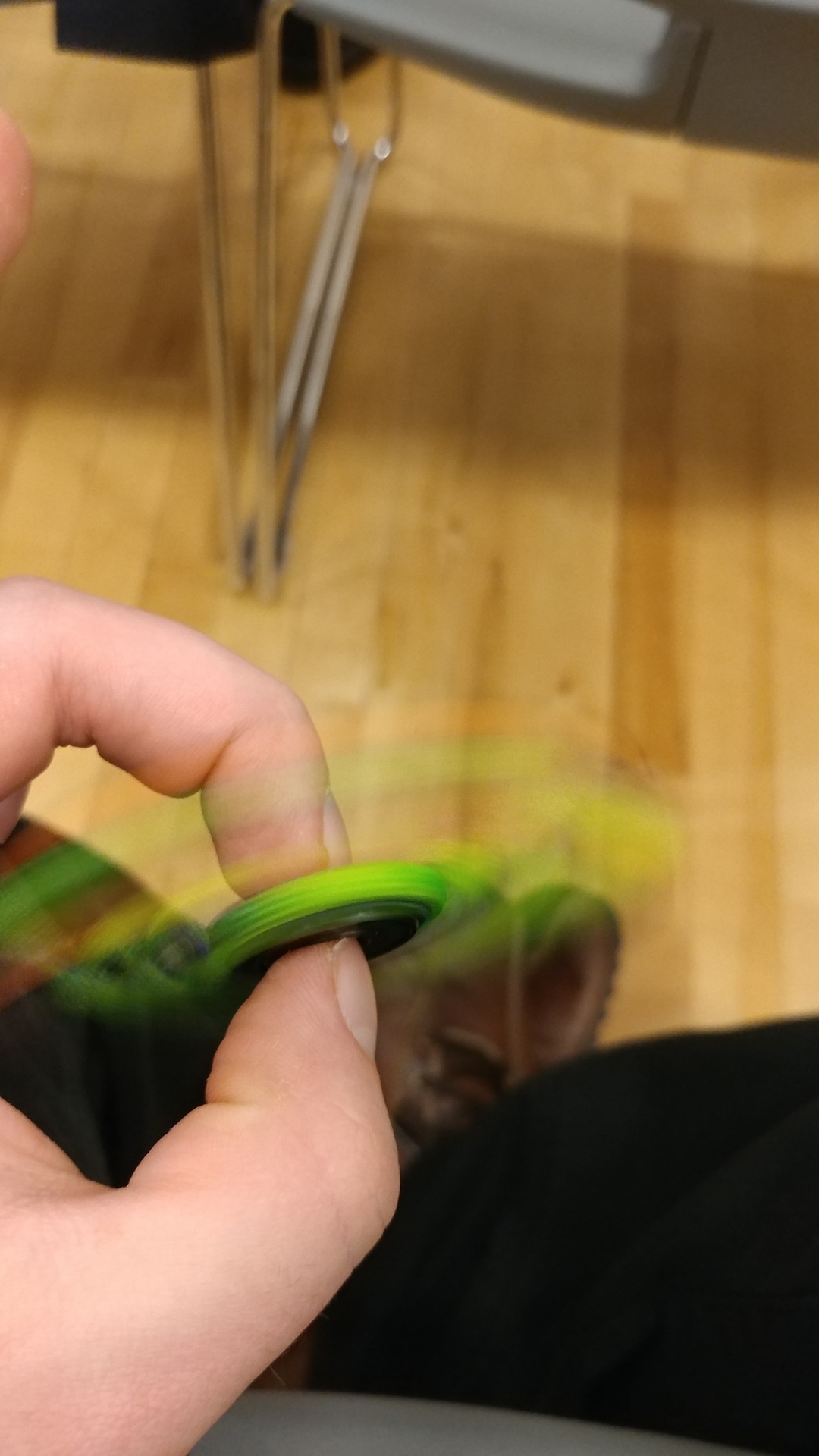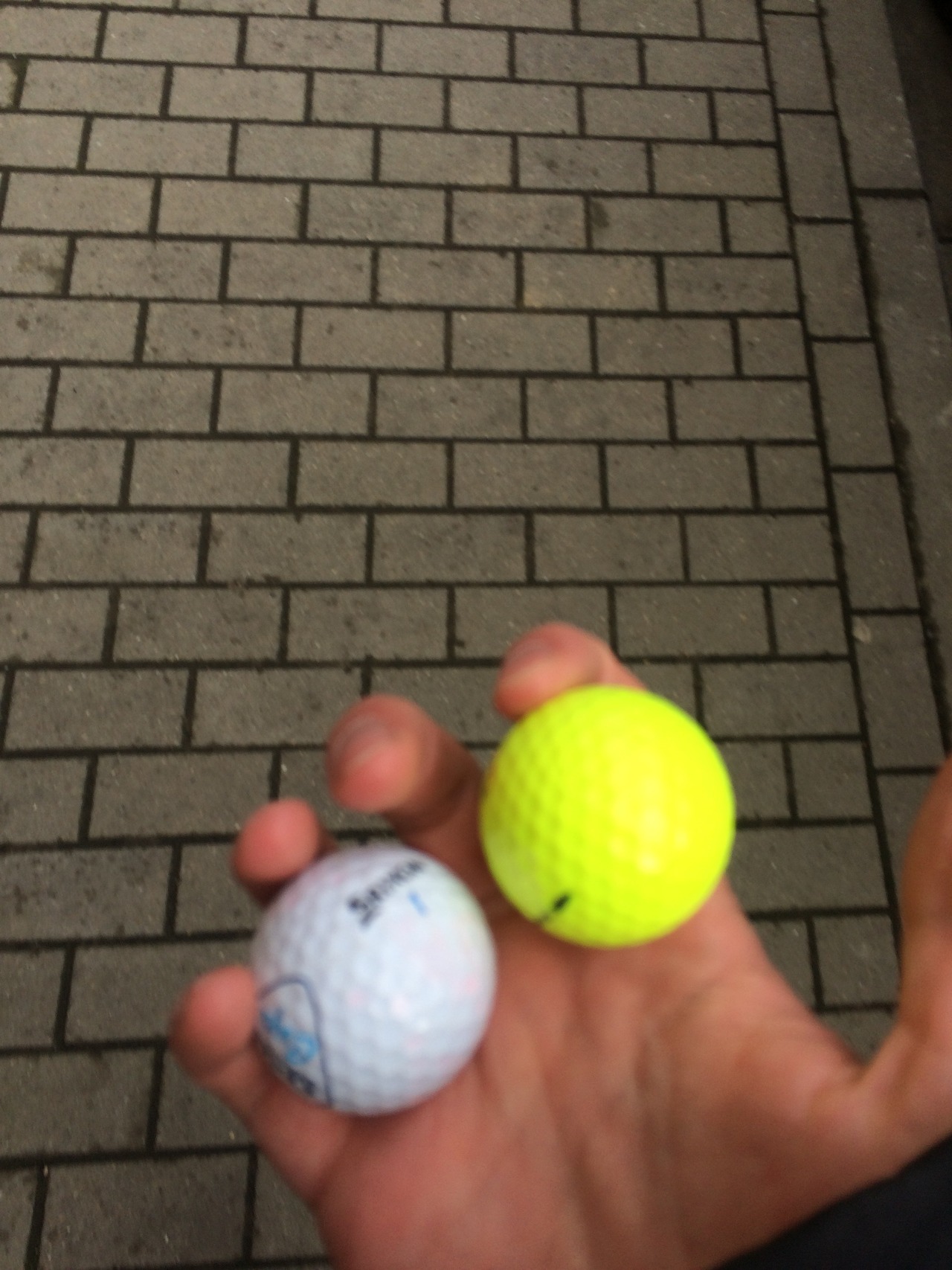Admit it: Whenever you’re in a meeting, listening to a lecture, planning out a project, or just thinking silently in general, we all end up fidgeting with something. Whether it be paper clips, pens, erasers, and mostly anything we have on hand that’s fidget-able.
However, scientists still have no idea why we fidget in the first place, that is, until researchers from New York University asked finally asked the question.

Source: Fast Company
“Is fidgeting actually part of our work?” asks Mike Karlesky, PhD computer science student at NYU’s Polytechnic School of Engineering. “Is it some kind of essential behavior that is part and parcel to how we think, how we process?” Curious to know the answer, he and Katherine Isbister, his adviser, started a Tumblr blog named “Fidget Widget”, in which they asked fellow users to answer questions and send pictures of their favorite thing to fidget with.
Source: YouTube, beetracy
“What object(s) do you play with while you work?” the blog asks. “How do you fiddle with them in your hand? What are they made of? What do you enjoy about them and how they feel? Do they have special meaning to you? When do you play with them?”
The primary things they want to answer is why we fidget and whether or not it benefits us. And if it does, how do we use technology to maximize those positive effects?
To try to answer the first question, there haven’t been many studies conducted as to why we fidget in the first place. We know that it’s common in those with ADD (attention-deficit disorder), so maybe it serves the same purpose for us as it does to them?
Well, according to Sarah D. Wright and Roland Rotz, it is. “If something we are engaged in is not interesting enough to sustain our focus, the additional sensory-motor input that is mildly stimulating, interesting, or entertaining allows our brains to become fully engaged and allows us to sustain focus on the primary activity in which we are participating,” they write in their book “Fidget To Focus: Outwit Your Boredom: Sensory Strategies For Living With ADHD”

Source: Tumblr, Fidget Widgets
So basically, Write and Rotz believes that fidgeting helps distract the bored part of our brain to make sure that the other parts can focus on reading, hearing, or seeing, or sensing in general. This “floating attention” could quite possibly be an evolutionary trait that “dates back to prehistoric times when the ability to focus 100% on a single task was not entirely desirable and would result in a person missing the large ravenous beast hiding in the bushes.”
Now on to the next question, how does it impact our productivity? Well, some researchers have found a link between working with your hands and increased memory and creativity. Another had found that those who write by hand rather than just typing in their words remember and process the information they noted down better. And yet another study has found that those who mindlessly doodle while paying attention to a lecture boosts one’s memory and attention span.

Source: Tumblr, Fidget Widgets
Finally, a study in 2005 had concluded that children who were allowed to fidget during class learn faster than those who do not. “if teachers encouraged more fidgeting in class they might find children actually learn more,” says Karen Pine from the University of Hertfordshire.
And to answer the last question. How we can use technology to further improve the benefits you can get out of fidgeting? Well, we’ve all heard of fidget cubes and fidget spinners by now, haven’t we?
Article Sources:







:format(webp)/cdn.vox-cdn.com/uploads/chorus_image/image/54973373/jbareham_160909_1215_B_0052.0.0.jpg)






